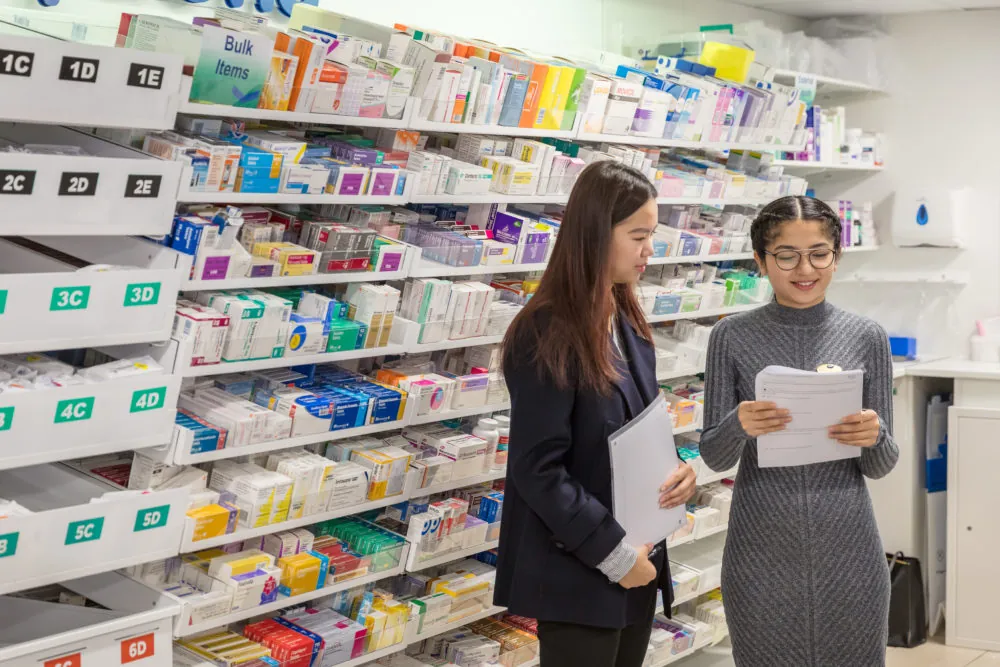
Primary Care Networks, or PCNs, are the current big deal within Primary Care. They’re all about localism and grouping the elements of primary care in a locale together to deliver on the health needs of the local population.
Collaboration of GP surgeries to a patient population size of 30,000-50,000 forms the initial step of PCN establishment. The national Directed Enhanced Service (DES) goes live from today, and PCNs will be expected to deliver the requirements of the DES to the local community it serves. PCNs are expected to explore ways to include community pharmacies as part of the NHS Long Term Plan. How we engage with and deliver this for contractors is a key workstream for my LPC.
At the heart of the issue is that we will need to work differently. If GPs are working collectively across a geography, pharmacy contractors will also have to work collectively and collaborate across contractor boundaries to develop our offering.
It’s a real opportunity to develop local face-to-face services and fully utilise having a pharmacy in the community. There’s a huge role for the LPC to play in achieving this. Personally, I’m excited for the possibilities and I’m now thinking in a different way about pharmacy services.
In Birmingham and Solihull LPC, we’re in the very early stages of developing our strategy. As I write this blog, the PCNs have been agreed by CCGs and awaiting official confirmation from NHS England. We expect the boundaries to be finalised imminently, but conversations are already happening. What we’re doing in the interim is engaging as widely as possible.
The people we need to speak to at PCN level are the new Clinical Directors (CDs) and PCN supporting leads from the Local Medical Committee (LMC), Sustainability & Transformation Partnership (STP) and Clinical Commissioning Group (CCG).
My personal engagement so far comprises of reaching out any contacts I have in Primary Care. My journey so far has led to a meeting with pharmacist Helen Kilminster, who is Clinical Director for a local PCN, which has really inspired me. Through reaching out I’ve gained a greater insight into how community pharmacy can get involved and I’ve arranged a spot for Helen to present to our next LPC meeting in July.
In the interim, I’ve got a lot going around in my head about PCNs. For starters, how are we going to engage? How do we create the pharmacist PCN network and support them? How do we deliver locally when pharmacies are already stretched? Where’s the funding for landing this going to come from? There are lots of opportunities but equally just as many challenges.
In the long run, there’s potential services such as the GP Digital Minor Illness Referral Service. Local services could also be commissioned. We must bring solutions for patients and PCNs to the table. It’s going to require collecting data locally, defining returns, upfront costs, long-term costs, benefits to patients etc. all for a patch serving a small number of pharmacies. Further down the line there will be efficiencies but initially there’s going to be a lot of work and a lot of support needed from LPCs.
Right now, I’m focussing on networking to build my contacts base and get that initial foot through the door. I’m setting up a meeting with another local PCN and I’m also representing the LPC at an STP event next week with over 200 Clinical Directors and PCN leads in attendance. I’ll be learning about the dialogue and language being used whilst creating contacts and advocating for community pharmacies.
My final message would be that to engage with PCNs, we need to be bold and brave. Yes, it’s going to be difficult but there will be opportunities and we need to be out there having conversations with stakeholders right now to be in with a shout.
David Gallier-Harris
Member of Birmingham and Solihull LPC, and Pharmacy Manager, Asda Pharmacy
